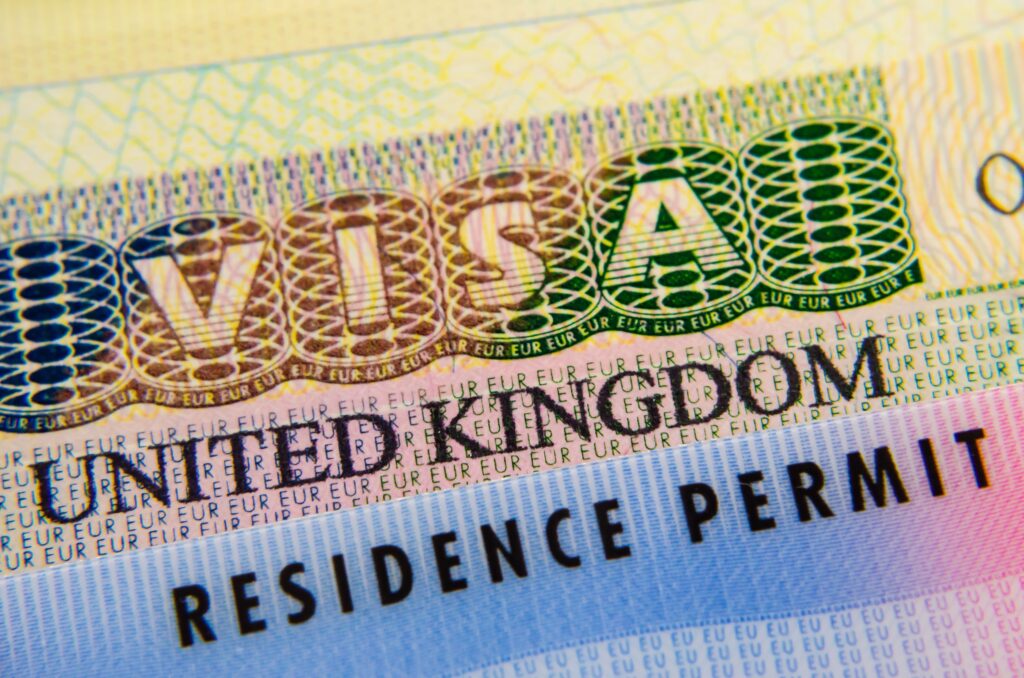Obtaining a Home Office Sponsor Licence: Five Key Considerations
As the landscape of immigration and workforce recruitment in the UK evolves, many organisations are looking to obtain a Home Office Sponsor Licence to tap into the global talent pool. With the recent updates to the register of licensed sponsors and increased interest from businesses post-Brexit, it’s essential to keep several key considerations in mind when pursuing this opportunity:

1. Eligibility and Compliance
Before applying, ensure your organisation meets the Home Office’s eligibility criteria. This includes being a legitimate, lawfully operating entity in the UK and having the necessary systems and processes in place to comply with immigration laws. You will need to prove that you can uphold ongoing sponsorship duties, which encompass monitoring, reporting on the performance of sponsored employees, and maintaining compliance with immigration regulations.
2. Costs and Financial Commitment
Be prepared for the financial obligations associated with acquiring a sponsor licence. Besides the initial application fees, anticipate ongoing costs for compliance and the assignment of Certificates of Sponsorship (CoS) for each foreign worker you employ. Additionally, organisations may be required to pay an Immigration Skills Charge, which varies depending on the size of your business. Evaluating these costs early on will help you understand the full financial commitment involved in becoming a licensed sponsor.
3. Record-Keeping and Compliance Systems
Implement robust record-keeping systems tailored to fulfil your sponsorship duties. It’s vital to maintain accurate documentation for each sponsored worker, such as immigration status, right-to-work checks, and employment timesheets. The Home Office provides guidelines on the specific documents needed and their retention periods in Appendix D of the sponsor guidance. Proper record-keeping is crucial for compliance and to avoid penalties.
4. Understanding the Sponsorship Process
Familiarise yourself with the entire sponsorship process, from applying for your license to understanding the types of visas available for sponsored workers and the procedures for issuing CoS. Stay informed about any changes in immigration policies or procedures, as these can impact your responsibilities as a sponsor. Being well-versed in the process will streamline your efforts and mitigate potential challenges.
5. Impact on Recruitment and Talent Strategy
Assess how obtaining a sponsor license aligns with your broader recruitment strategy. A license enables your organisation to recruit talent from around the world, but it’s essential to evaluate your current skills gaps and determine whether international hiring is the right solution. Additionally, consider the timeframe for obtaining a license and any potential delays it may cause in your recruitment efforts. While applications from established companies usually receive prompt attention, be aware that more extensive background checks or pre-licence visits may prolong the process for newer businesses.
In conjunction with these considerations, make sure to review the Home Office policy guidance for sponsors thoroughly.
Tailored Support
Smith Stone Walters offers customised advice and assistance for businesses navigating the sponsor licence application process and maintaining ongoing compliance. If you need expert support, please contact us today to learn how we can help your organisation succeed in attracting international talent.















